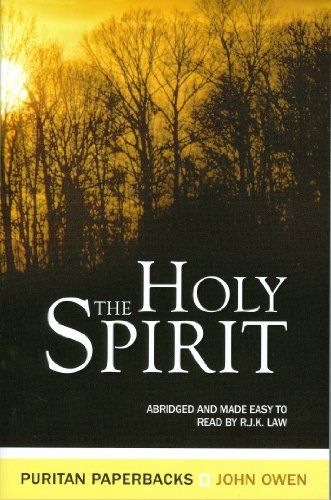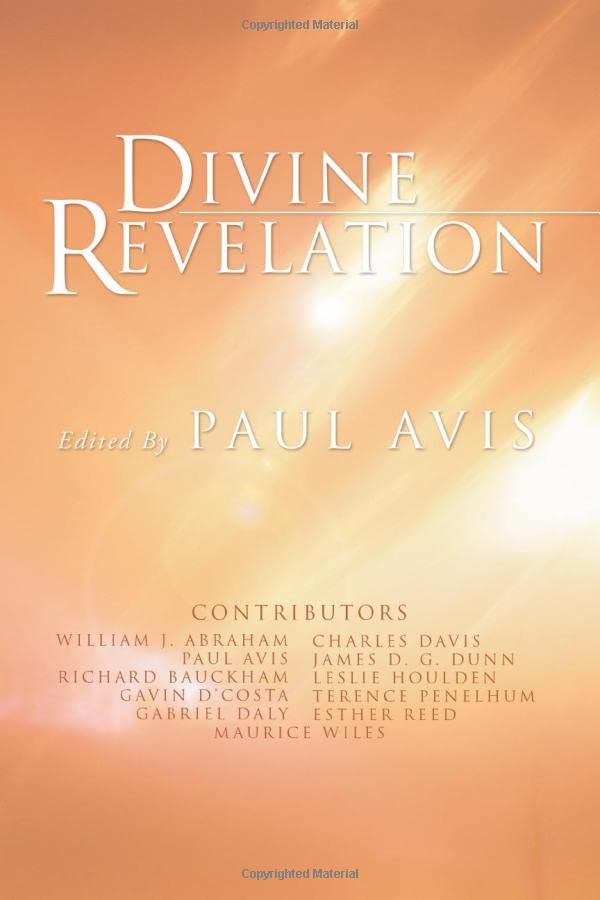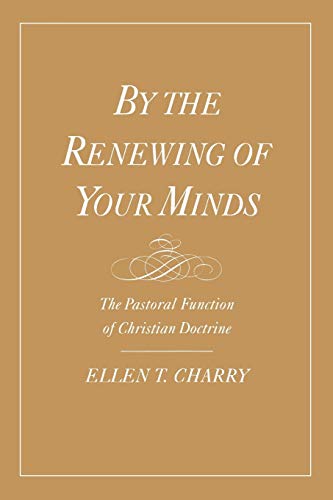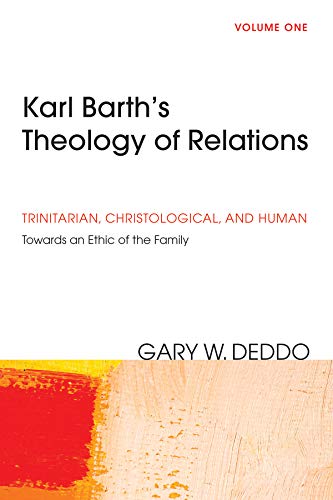Forgiveness and Reconciliation. Biblical and Theological Essays
Written by C.F.D. Moule Reviewed By Richard S. BriggsForgiveness and Reconciliation collects together 13 essays from the former Cambridge New Testament professor, all previously published between 1956 and 1995 but hitherto relatively inaccessible. Four essays address ‘the theology of forgiveness’, while the bulk of the others concern themselves with aspects of NT Christology and exegetical issues in the ‘Jesus-Traditions’ of the synoptic gospels.
Let it be said at once that there is more profound common sense and wisdom in this book than in many weightier NT volumes, and the reason, I think, is not hard to find. The subtitle of the book (although confusingly given on the title page as ‘And Other New Testament Themes’) highlights its abiding methodological merit: this is New Testament interpretation harnessed throughout to theological concerns and interests. Recent writers, notably Francis Watson, have made a strong case for breaking down the dividing wall of hostility between biblical studies and theology. Moule undermines it from the NT side; arguing that taking the NT itself on its own terms drives exegetes ‘to plant a bewildering footstep beyond the frontier of their own discipline and in the area of dogma’.
For example, Moule explores the meaning of ‘in Christ’ in the New Testament. He suggests that the NT writers do not intend the phrase as equivalent to our more popular notion of being in the presence of the Spirit of God, but actually envisage ‘in Christ’ as true in a spatial sense. How could this be? Perhaps we have confused ‘personal’ with ‘individual’, and Christ as a person redefines our notion of what a person is. The idea may now be familiar from the work of theologians like Colin Gunton, but here (originally in 1983) it is presented primarily as an attempt to do justice to the NT texts. Similarly a 1987 article probes the ‘gravamen’ (accusation; grievance) against Jesus and suggests that the most plausible historical thesis is that it was his own (Christological) self-understanding as personally fulfilling God’s plan for Israel which lay at the heart of his opponents’ hostility.
Several other chapters likewise explore ideas which stand in continuity with Moule’s significant 1977 volume, The Origin of Christology, wherein he argued that Christology arises out of the nature of Jesus rather than out of any process of divinisation (or ‘evolution’). In particular, two studies suggest that the synoptic gospels do not seek to present fully post-Resurrection evaluations of Jesus, with Luke-Acts providing the much-needed control on such a thesis.
The same balance of theology and exegesis characterises the opening section on forgiveness, which begins with a reprinted chapter from his 1977 book. Then in ‘Preaching the Atonement’ he suggests that the biblical language of sacrifice is most effectively communicated today in language of ‘expense’: costly forgiveness requires a response of costly repentance. The following chapter explores limits to the metaphor of ‘triumph’, suggesting that triumphalism results from a failure to balance triumph with suffering. The final essay in the section promotes restoration of offenders over retribution. The concern throughout is to ‘analyse realistically the structure of any reconciliation between persons’. Moule is willing to examine forgiveness as a human transaction without subsuming it immediately under the rubric of atonement. Again, even where others may now proffer similar conclusions (such as Gregory Jones’ major treatment of forgiveness), there is much to learn from observing how substantive theological concerns are carried and clarified by thorough NT scholarship. Moule’s style and influence may well be seen in the work of recent writers such as N.T. Wright, seeking depth in a discipline too easily given to the bland or merely fashionable.
A closing essay on ‘The Holy Spirit and Scripture’ is a judicious analysis of exactly what could be meant by the language of ‘inspiration’ when applied to the Bible. Never afraid to follow wherever the biblical evidence leads, Moule’s parting shot might provoke some constructive self-evaluation in the evangelical constituency. It is one more reason to offer this collection a warm welcome.
Richard S. Briggs
Cranmer Hall, Durham







